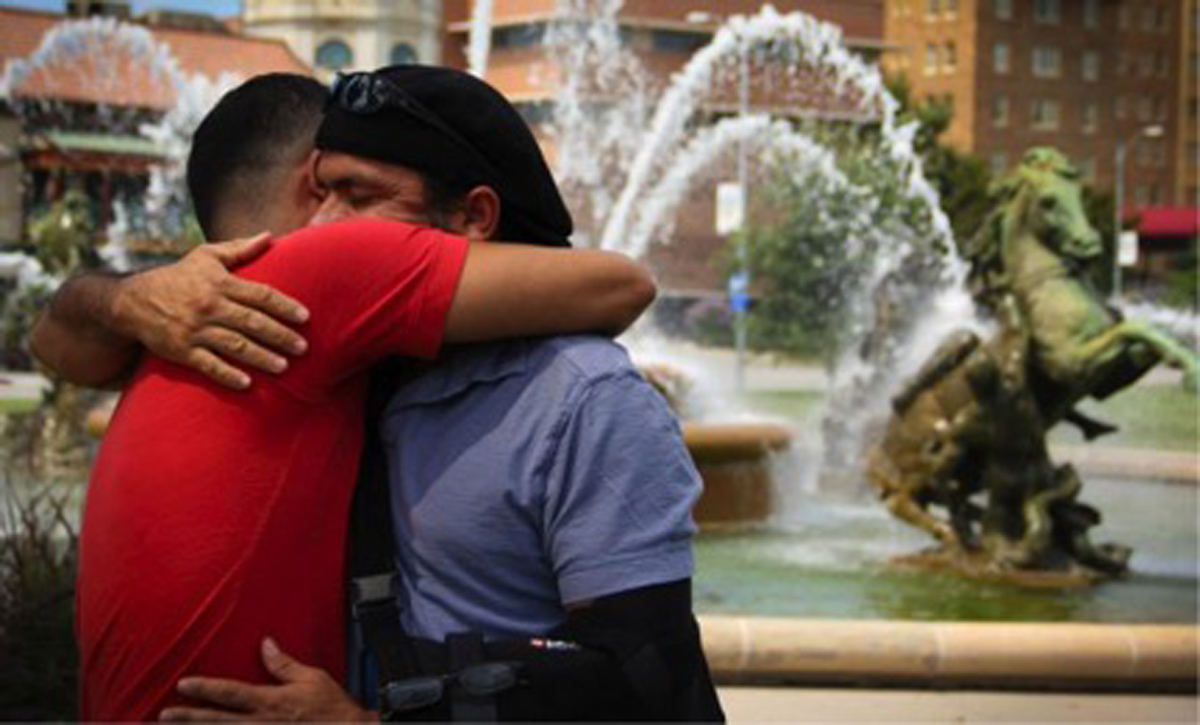By Julissa James
Guest Staff Writer
Cal State Dominguez Hills students gained insight into the complex relationship of Latino immigrants and their LGBTQ family members through a recent screening of “El Canto del Colibrí,” a 2015 documentary directed and produced by activist filmmaker, Marco Castro-Bojorquez.
The film, screened in honor of National Coming Out Day by the Chicanano Studies Department and Club, Multicultural Affairs and the Equality Club, gave a microphone to the voices of Latino immigrant fathers, rarely part of any LGBTQ media narratives.
The fathers in this film described the intersections of their journey as immigrants, and the journey of accepting their queer children for who they are. It was easier for some than others.
Many of the fathers were brutally honest about the way their own childhood shaped their prejudices of LGBTQ people before they knew anything about their children’s identity.
“Gay was always the insult,” said one of the fathers about his upbringing in his home country.
But the audience saw how these fathers ultimately came to embrace their kids’ identities. This is far away from the stereotype often portrayed in the media of all Latino men being “machista” and homophobic.
The film’s director, an immigrant from Sinaloa, Mexico, is part of the LGBTQ community. Making this film was about education and support for his community.
“I consider family acceptance a prevention method to a lot of craziness like homelessness, drug use, depression and anxiety for us queer people,” he said. “Our parents are never taught how to be a good parent to a queer child, so they do what they can [especially] if you attach the immigrant experience to that.”
Castro-Bojorquez explained how important it was for him to give justice to the fathers’ testimonies in this film. He said he considers it a “gift of life” for them to share their stories with him.
Making “El Canto del Colibrí,” which translates to “The Song of the Hummingbird,” was as personal as it was political for the director.
He dedicated it to his own father, Camilo Castro-Cazares, after he became ill with lung cancer in the film’s final stages of production and ultimately passed away a few days after its premier.
“My dad and I had a very special relationship throughout my life so I started showing him pieces of the film and he really liked [it],” he said. “We ended up talking about me being queer and the things that we never really talked about. I never thought the film I was making to support my community, was going to support me as well.”
Castro-Bojorquez wanted this documentary to offer comfort for the Latino immigrant and LGBT community.
“I wanted this film to be a shawl that makes you feel warm when it’s cold,” said Castro-Bojorquez. “Like when your grandma used to put a shawl on you that smelled like guava and tobacco.”

